BOJ Member Tamura's Urgent Call for Interest Rate Hike
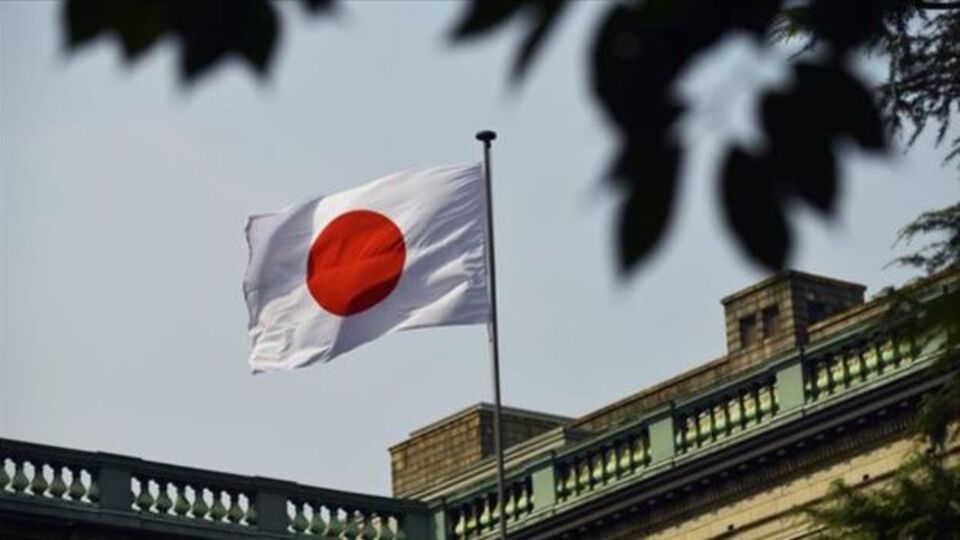
Statements from the Bank of Japan on Interest Rate Hike
The Bank of Japan (BOJ) Board Member Naoki Tamura emphasized the need to raise interest rates due to increasing inflation risks. At the monetary policy meeting held in September, Tamura voted against keeping interest rates unchanged, stating, ‘“I believe the bank is at a stage of considering raising the policy interest rate under the current circumstances.”
Interest Rates and Economic Impacts
Tamura indicated that if the bank falls behind the market curve, it may have to raise policy interest rates rapidly to ensure price stability. He warned that this situation could cause significant harm to the Japanese economy. This statement reflects that despite uncertainties in Japan's political landscape and many economists reducing their expectations for interest rate changes, the BOJ maintains a hawkish stance.
Recent Developments and Market Reactions
Political developments in Japan have led to fluctuations in financial markets. Sanae Takaichi unexpectedly won the Liberal Democratic Party (LDP) leadership election on October 4. Subsequently, after the LDP’s coalition partner Komeito withdrew from the agreement on Friday, Takaichi's chances of becoming prime minister became uncertain with the end of a 26-year alliance.
Market Expectations and Interest Rate Forecasts
As a result of these developments, market expectations for an interest rate hike at the October 29-30 meeting have dropped to 15%, down from 70% previously. Tamura reiterated that Japan's neutral interest rate should be around at least 1% and that actions should be considered accordingly. He also warned that a single rate hike might not be sufficient.
Coalition Talks and Political Dynamics
The Japan Innovation Party (Ishin) is also planning to form a coalition with the ruling LDP, and these talks are expected to take place tomorrow. This development has the potential to gain the LDP 35 seats in the lower house, while still needing two more seats to secure a majority.
Benzer Haberler
.png)
Yakında Tüm Platformlarda
Sizlere kesintisiz haber ve analizi en hızlı şekilde ulaştırmak için. Yakında tüm platformlarda...
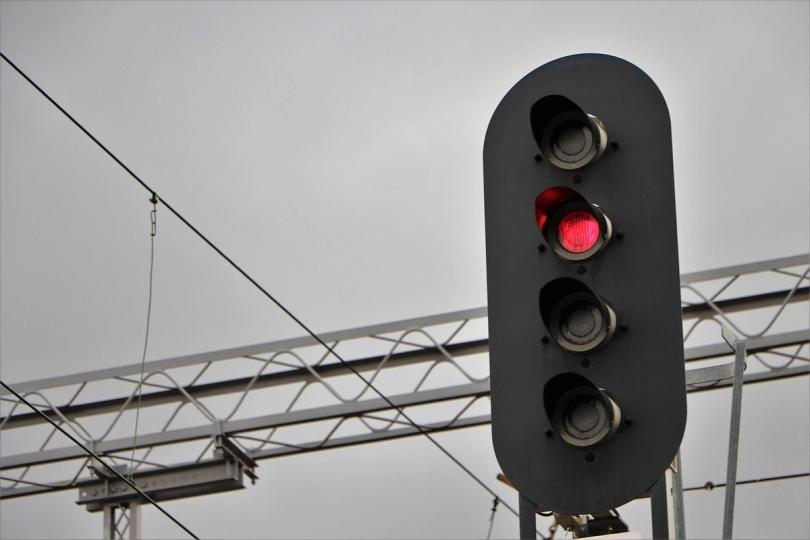
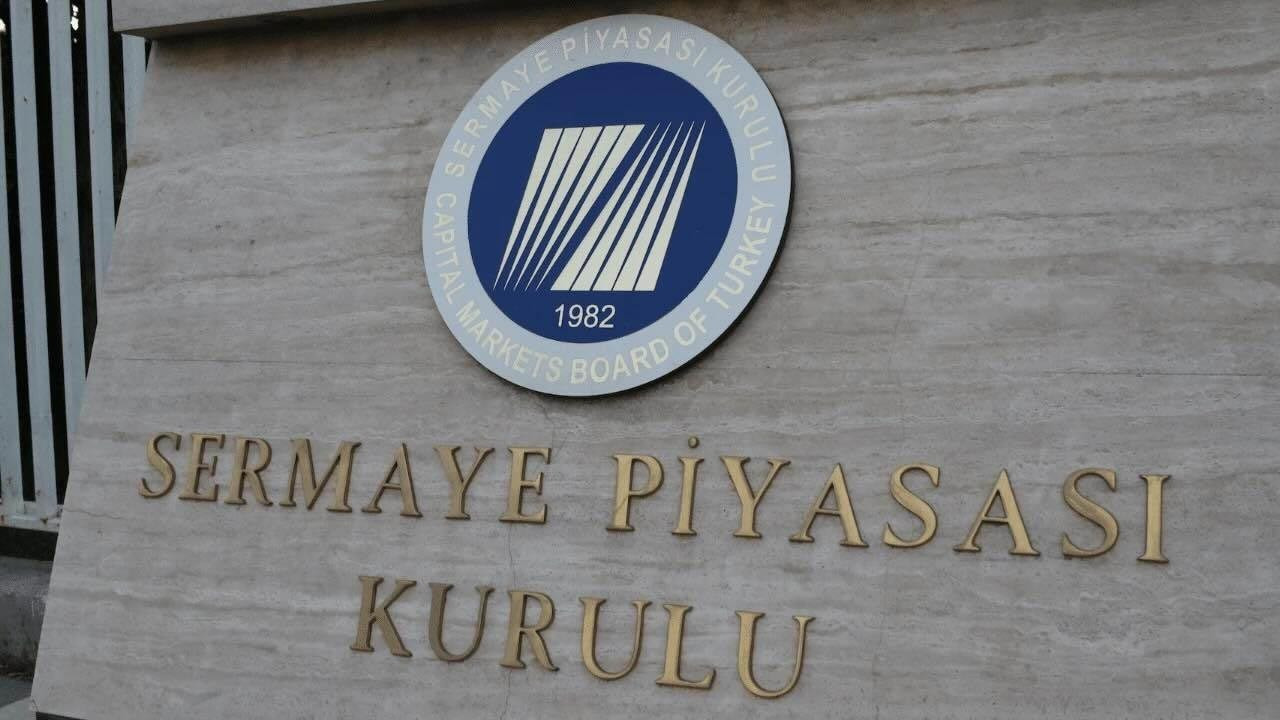
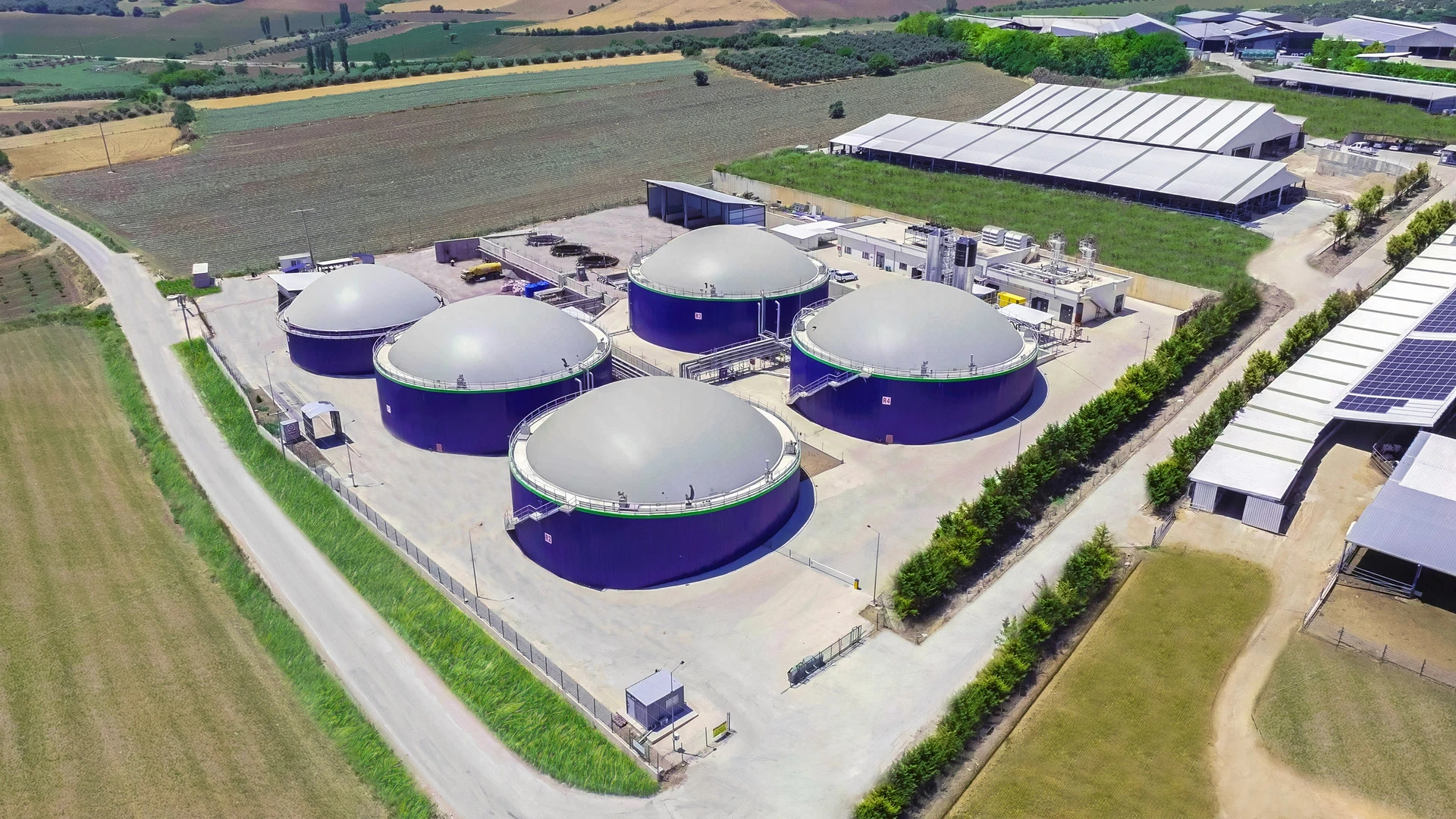



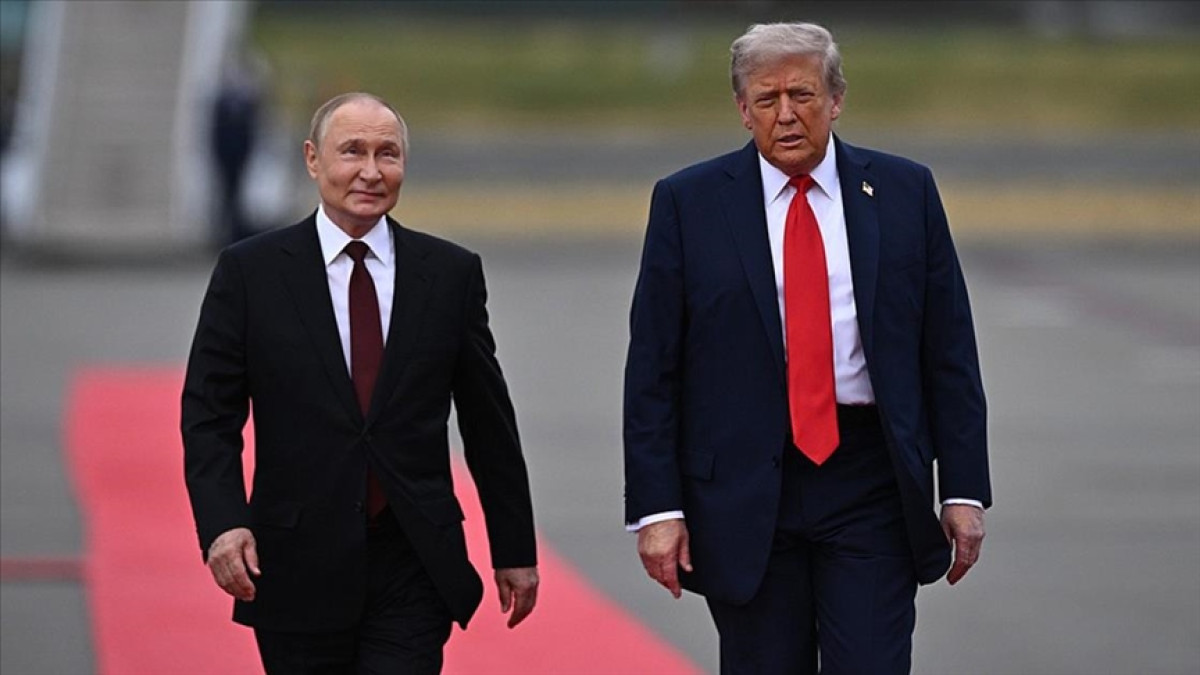
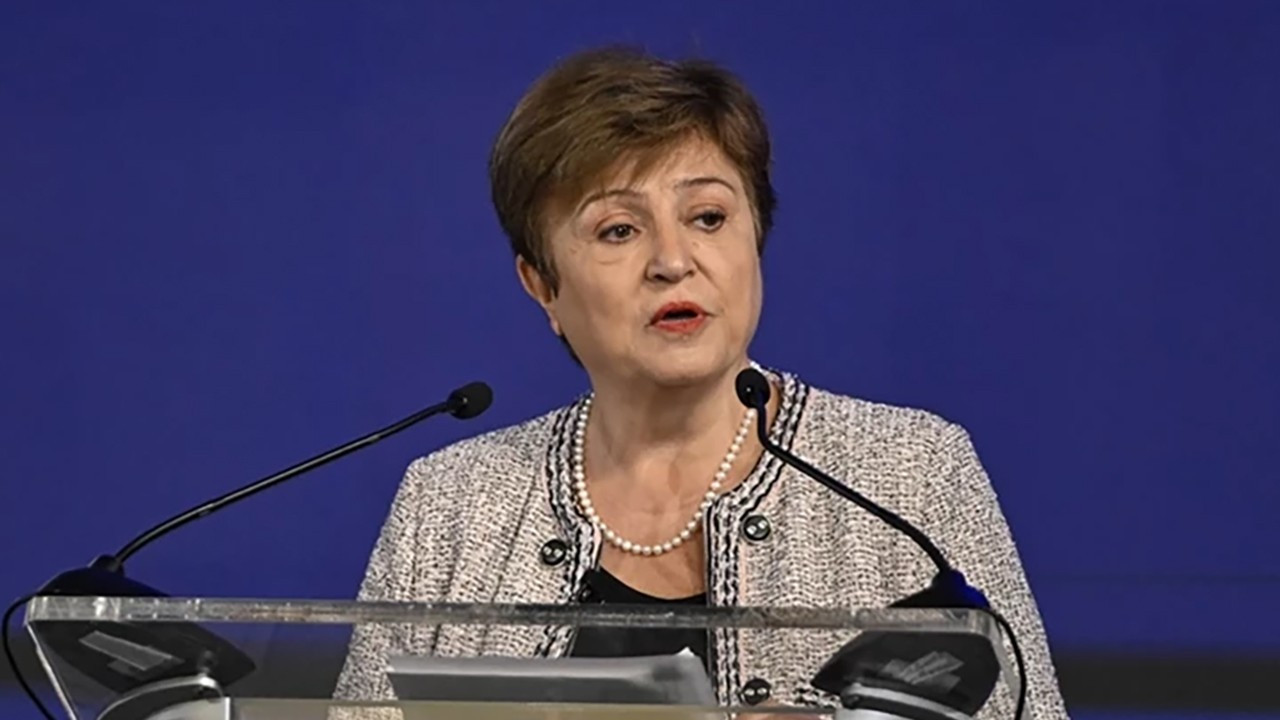
.png)